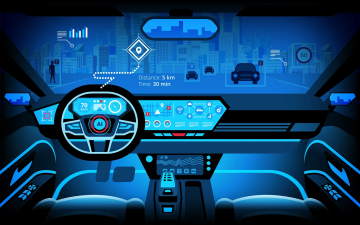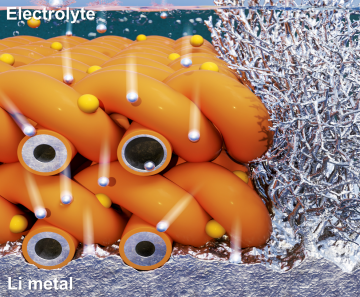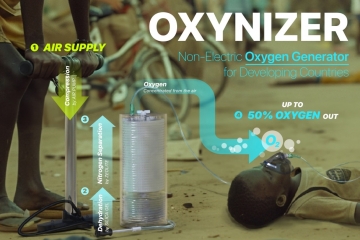KAIST
BREAKTHROUGHS
Research Webzine of the KAIST College of Engineering since 2014
Spring 2025 Vol. 24Discovering polymorphic urban characteristics from social media
A novel methodology is developed that extracts semantic features of urban places, or placeness, based on social media. The methodology performs placeness analysis based on user’s activity, with sentiment analysis, place-user correlation analysis, and hot-spot analysis to extract polymorphic urban characteristics. Based on the methodology, placeness extraction web API is introduced for public usage.
Article | Fall 2018
Professor Dongman Lee, who leads a research team at the Collaborative and Distributed System and Network (CDS&N) Lab has developed a new data mining and modeling methodology to extract semantic features embedded within social media and to reflect the contextual meanings of a location, or placeness. Using state-of-the-art computer vision algorithms and an ontology framework, the team’s new method defines the placeness concept as a set of activities conducted by dwellers in a space as well as opened data mining API for location-based services, and successfully extracts polymorphic place semantics of a location.
This research was motivated by the rigid definition of placeness that has been widely adopted by urban planners and architects, which conceptualizes a place as a combination of physical, social, and cultural meanings. Existing studies did not regard place as a dynamic entity that can hold multiple placeness concepts that encompass a wide range of social and cultural meanings simultaneously. This motivated the team to propose a new placeness framework that is multi-faceted and multi-dimensional. In particular, the team examined several popular hotspots in Seoul and demonstrated how real-time contextual data can be gathered and extracted to classify different placeness concepts. The technique relies on sentiment analysis and mood of spaces, which are essential to recommending urban places based on the emotional aspects of users.
The key to such technique lies on the flexible ontology-based structure that could grow and evolve with data. Researchers pulled a number of social media streams such as Instagram to gather place-related contexts seen from images, text descriptions, and meta information about posts and posters. As many social media posts these days contain geo-tag information, researchers could gather an ample amount of big data describing various hotspots in Seoul. Then, the gathered data were aggregated at various levels such as geo-locations or user demographic. Both images and texts were analyzed through deep learning models to extract important contexts. For example, features related to placeness included information about who, with whom, when, what, which mood, and where. Once all the key features were extracted, a multiplex network of users, placenesses, and hotspots was constructed, which could then be used to measure relevance of each hotspot to a given user context. Random walk algorithm was found efficient in matching the two entities, and the overall proposed method outweighed baseline methods.
While this work is a proof of concept, it offers a brand new way of defining urban placeness and such information is useful for empowering location-based services and for building intelligent personal assistants by retrieving spatio-temporally and contextually accurate location information to individuals. The team expects that their method can also enable intelligent personal assistants (such as Google Now, Apple Siri, and Amazon Echo) to figure out new visiting patterns of public urban spaces based on social features and provides a placeness extraction web API to the public.
This new research was conducted along with three other colleagues spanning diverse expertise from KAIST, including Professor Meeyoung Cha, a data scientist (School of Computing), Professor Juyong Park, a network scientist (Graduate School of Culture Technology), and Professor Wonjae Lee, a social scientist (Graduate School of Culture Technology).
Most Popular

When and why do graph neural networks become powerful?
Read more
Smart Warnings: LLM-enabled personalized driver assistance
Read more
Extending the lifespan of next-generation lithium metal batteries with water
Read more
Professor Ki-Uk Kyung’s research team develops soft shape-morphing actuator capable of rapid 3D transformations
Read more
Oxynizer: Non-electric oxygen generator for developing countries
Read more

